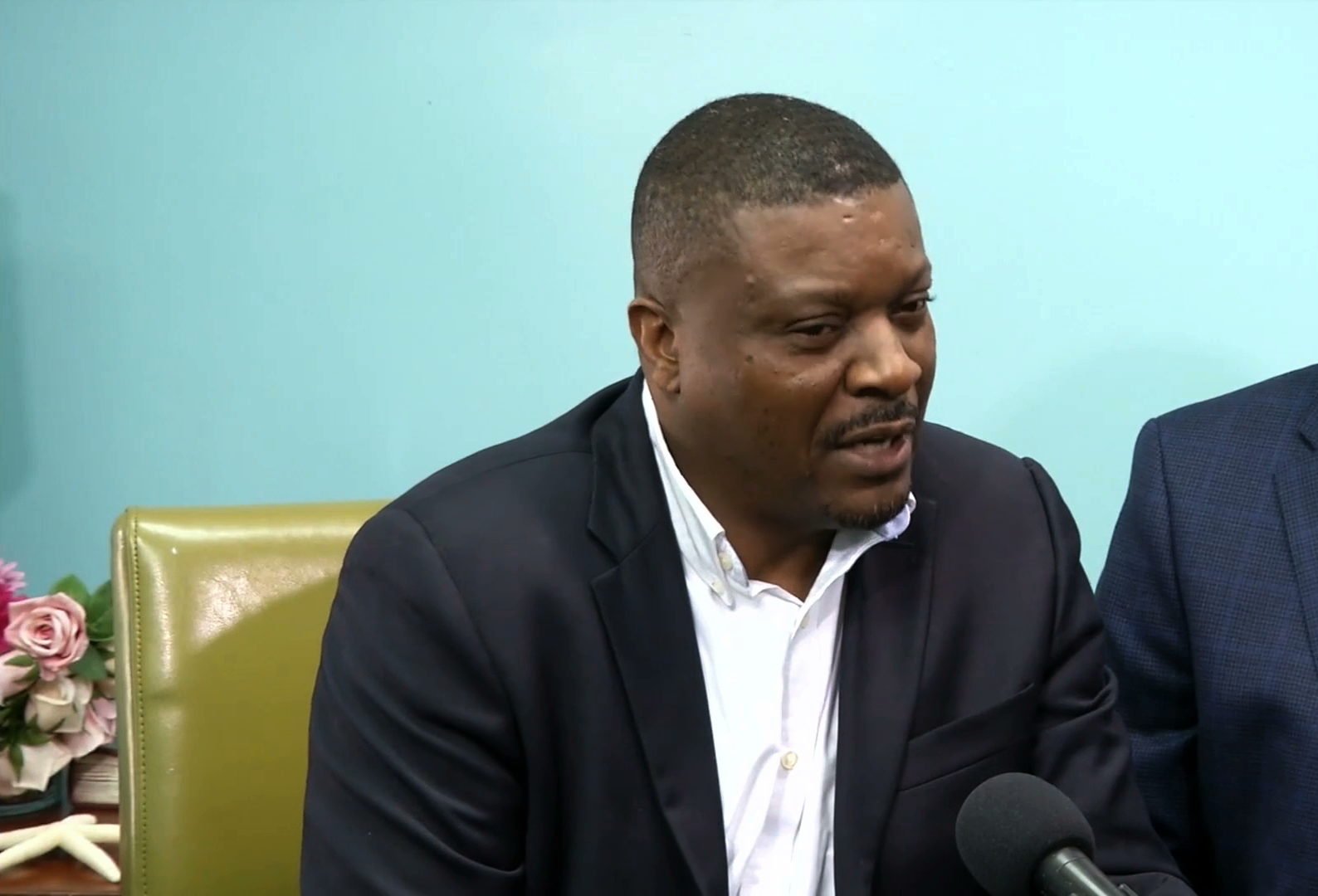Laing: Government must decide on how to proceed
NASSAU, BAHAMAS – The country’s World Trade Organization (WTO) accession has effectively come to a standstill, the nation’s chief negotiator has confirmed.
Former state minister for Finance Zhivargo Laing told a recent National Forum on Standards Facilitating Trade, the country is nearing the ‘record setting’ for longest accession time.
The country is at step two in a seven step process to WTO accession, according to Laing, who said the average time for WTO accession is nine and a half years.
“The time taken by us so far means we are nearing the record-setting longest time for accession by Seychelles, which was 20 years,” he said.
“It was government’s aim to conclude our accession by the next ministerial conference in June of next year. That will not happen. Since the next meeting will not occur for another two years after that, and it takes a ministerial conference to approve your accession, the next earliest The Bahamas will be able to do so is in 2022 – and I don’t need to tell you what happens that year.”
The Bahamas continues to hold observer status going on its 19th year towards WTO accession.
“At this point negotiations continue,” he said.
“We the trade negotiating team await instruction from the government to further advance negotiations.”
Laing said those instructions relate to the country’s willingness to agree to a limited number of requests from a about four countries to further lower some of the bound rates proposed in our goods offer. A few of those rates apply to products we may regard as sensitive.
Those instructions also relate to “agreeing to adjusting our procedures relating to approval for foreign investments such that there is less arbitrariness in the approval process and more transparency in the requirements for such approvals including less political decision making as opposed to technical administration in areas of investment already open to foreign investors”.
Laing said a determination must be made on opening up of some of the 16 service areas that are currently reserved for Bahamians, and doing so in accordance with agreed liberalization in some of the recently acceded countries.
He noted policymakers must also agree to remove some of the limited number of breaches to the principles of most favored nation clause.
Laing said: “These determinations to be made by the government represent fundamental changes to the present trade regime of the country. While it does not impact a large segment of the economy in terms of coverage, impacting less than 25 per cent cent of the economy, they represent politically and culturally sensitive areas long safeguarded against competition.
“As a negotiating committee we have been vigorous in our efforts to maintain these safeguards, despite the fact that recently acceded countries with characteristics similar to our have had to make concessions in those areas.
He continued: “To this point we have held our ground and frankly the negotiations are unlikely to move any further without some movement on our part.
“It is for the government to consider whether the degree or movement necessary to advance the negotiations is worth the benefits gained by membership in the WTO.
“We the negotiating committee have made our recommendations to the government and await government further instructions. This is where we are.”






